One of the most talked-about artworks at Singaporean boutique art fair S.E.A. Focus this year was artist Jiaqi Sheng’s lightbox piece that declared “I need to breathe shopping centre air.” It’s a sentiment that any Southeast Asian knows intimately, as shopping malls are often their go-to spot to escape the tropical heat and humidity.
While the shopping mall is an undeniable part of the region’s cityscape, the homogenous experience leaves much to be desired. There is very little separating the tenant mix across developments, where you’ll find similar fast-food chains, bubble-tea franchises, food courts and department stores. That’s why an anti-mall movement is gaining ground across Southeast Asia, where independent entrepreneurs are boldly reimagining what a lifestyle and retail space can be. Rather than build anew, they have chosen to breathe new life into old spaces, guided by a desire to preserve the city’s heritage.
Soon-Wei Ee is one such vanguard who transformed his family’s fading printing workshop, Art Printing Works, in Bangsar into a lifestyle hub. Dissatisfied with developers’ predilection for building from scratch, he believed the new space – A Place Where (APW) – could set the tone for adaptive reuse in Kuala Lumpur. “If everyone were to erect new monumental buildings, there would be no diversity in our city,” he says. “Malaysia is a young country, so these representations of who and what we are matter.”
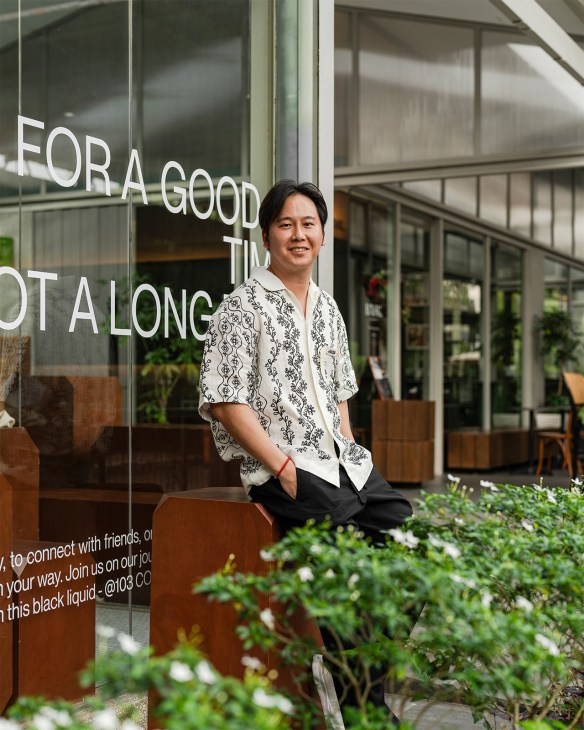
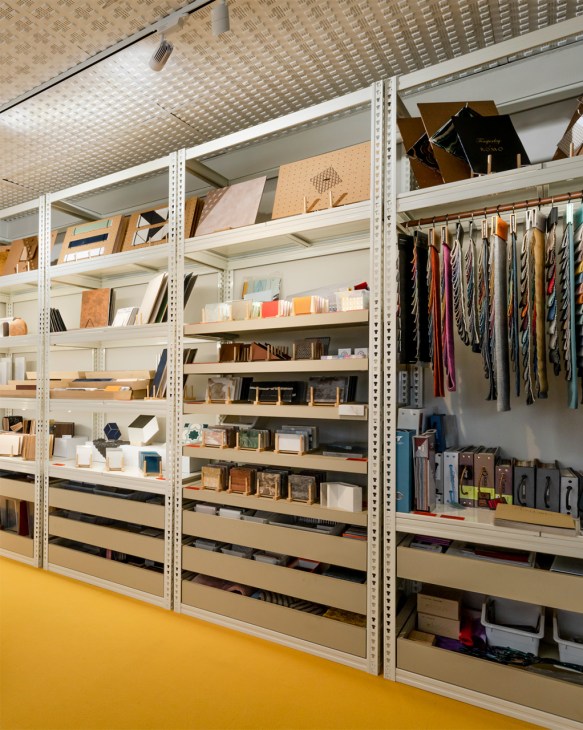

Instead of mimicking predictable shopping mall layouts, Ee, together with architecture firms Studio Bikin and Pow Ideas, blazed their trail with a mix of indoor and outdoor spaces, creating multiple discovery pathways for visitors. To mitigate urban heat, the team invested in lush landscaping and created a pocket park for guests to unwind, a sharp contrast to the hyper-stimulated mall environment.
Ee also spotted an opportunity to incubate local and regional brands. By intentionally crafting smaller shop lots, he reduced the barrier to entry for young entrepreneurs, attracting independent businesses such as halal-certified skincare brand Handmade Heroes, scent specialist Lilin+Co and fashion label Pestle & Mortar Clothing. With a roster of art exhibitions and brand pop-ups, APW soon established itself as a third space for Kuala Lumpur’s creative class. Won over by what Ee has built, American luxury label Coach also came knocking last year to establish a Coach Play concept store – an experiential retail space that includes a café and customisation studio. “They paid homage to APW’s history by creating Coach’s first ever interactive screen-printing service and co-branded merchandise,” says Ee.
APW’s success would have likely given courage to Datuk Yee Kong Fatt, managing director of Asset1 Land, who recently turned an international-high-school complex into The Campus Ampang, a sprawling community hub that fuses lifestyle offerings with fitness and wellness. Besides noteworthy local brands such as fashion label Nala, popular bakery Universal Bakehouse and specialty grocer Qra, this day-to-night destination, just outside of Kuala Lumpur, houses a running track, swimming pool and multiple ball courts, transcending a typical shopping-mall set-up.
While most developers look to the future, Yee, working with Martin Haeger from Kuala Lumpur-based architecture studio HL Architecture Sdn Bhd, drew from his schooling memories when preserving the 1960s complex to capture an unbridled youthful energy. “We kept as many of the original finishes as we could, including the pebble-stone flooring and terracotta tiles,” says Yee. “What we couldn’t [keep], we found a way to upcycle, such as salvaging glass panels from classrooms and installing them on the rooftop to channel light into communal spaces.” The team’s thoughtful approach is also reflected by Haeger’s decision to invite Lisette Scheers – who is not only Nala’s founder but also an alumna – to collaborate on the project. “Haeger recognised my connection to the space and wanted me to shape Campus Ampang’s overall look and feel,” says Scheers. “It has been a full-circle moment, bringing new life into a space that holds deep significance for many people. You can feel the shared nostalgia and collective joy when you walk through the halls.”
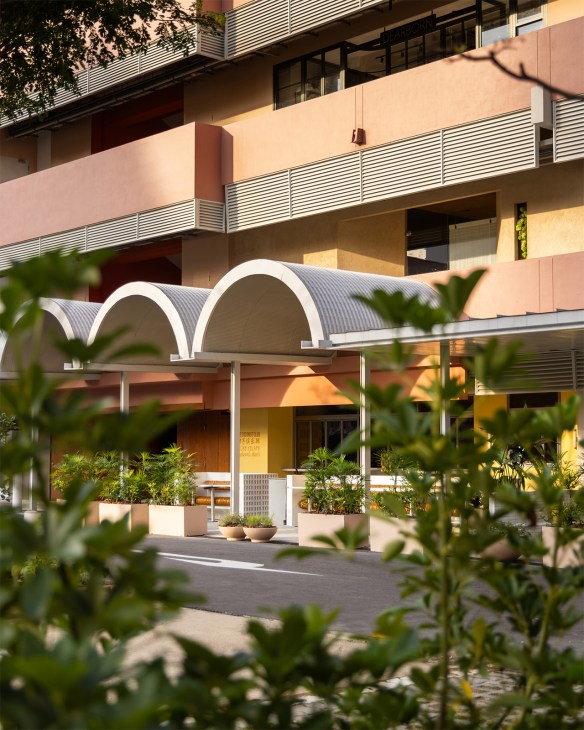
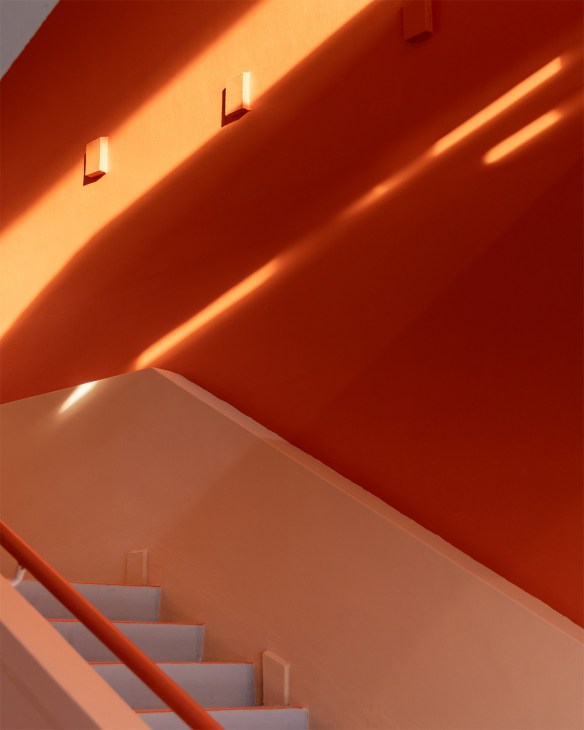
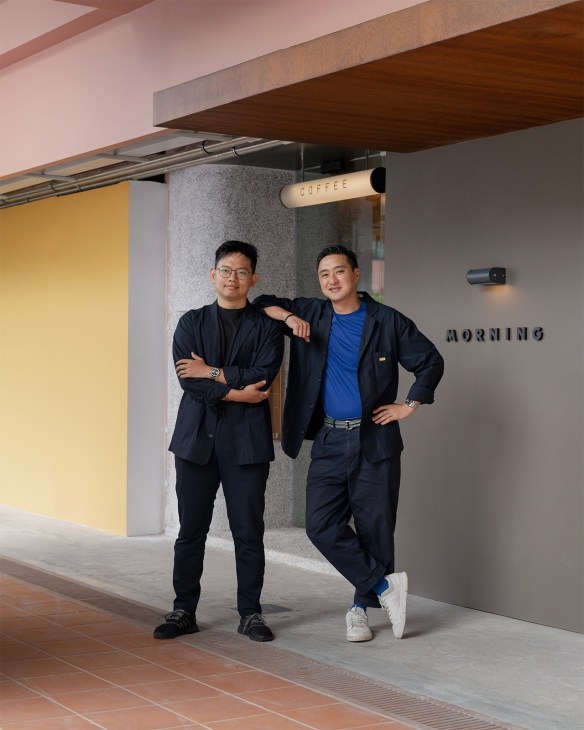
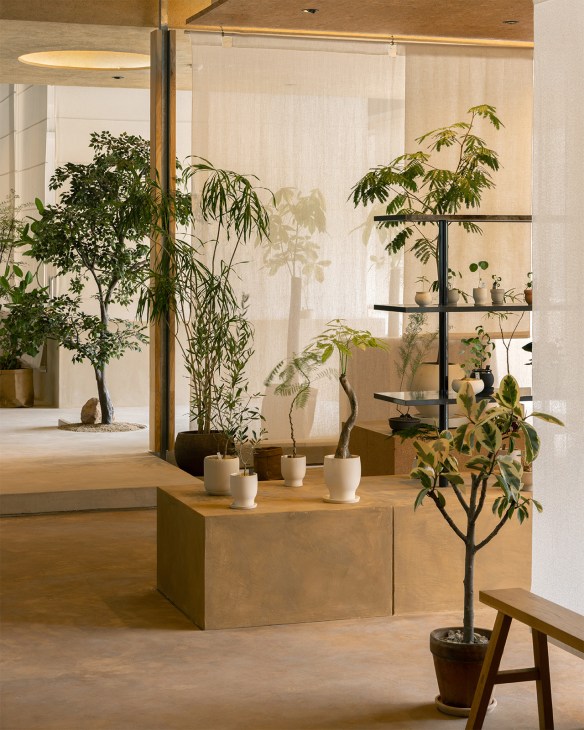
Another school complex that has been regenerated into a lifestyle development is Singapore’s New Bahru. As local hospitality heavyweight The Lo & Behold Group’s most ambitious project yet, it has assembled more than 40 homegrown brands across retail, wellness, hospitality and F&B to create the city-state’s first “creative cluster”. The breadth of talent, from rising fashion label Beyond The Vines to coffee specialist Morning, is The Lo & Behold Group founder Teng Wen Wee’s clarion call that Singapore’s independent businesses are here to stay. Rising against sky-high rents that disfavour start-ups and independent companies, Wee sought to create his mini movement by going big on small businesses. “While showcasing boundary-pushing local brands was always the plan, we’ve managed to go one step further: all our tenants come from Singapore,” he says. By bringing together the island’s best independent businesses in one place, he envisions New Bahru as a greenhouse that will inspire Singaporean ingenuity and ignite meaningful connections. The community’s spirit of collaboration has already taken root: leather artisan Crafune made the menus for restaurant Somma, while womenswear brand Rye designed the staff uniforms for ÁTIPICO | Room #15.
Building thriving communities is also the cornerstone of Bangkok’s lifestyle spaces, The Corner House and Baan Trok Tua Ngork, a mission uncommon among commercially-driven mall developers. “Bangkokians have commonly told us that they don’t have anywhere to go, since all the shopping malls are duplicates of one another,” says The Corner House’s co-founder, Thitipa Sornhiran. Together with her brother Sukrit Sornhiran, they have revived a 100-year-old Sino-Portuguese building in the Talat Noi neighbourhood, which used to house their grandfather’s shoe business, to create an inviting space for residents to gather. Beyond curating a tight selection of restaurants, cafés and retail stores, the duo has dedicated the third storey to “Thailand’s first co-playing cafe”, Such a Small World, which has vinyl listening booths, game pods and a bar. It also hosts regular live-music sessions and events. “Office workers today feel they don’t have good work-life balance, so we’ve set up a place where they can relax and meet new people,” says Sukrit.
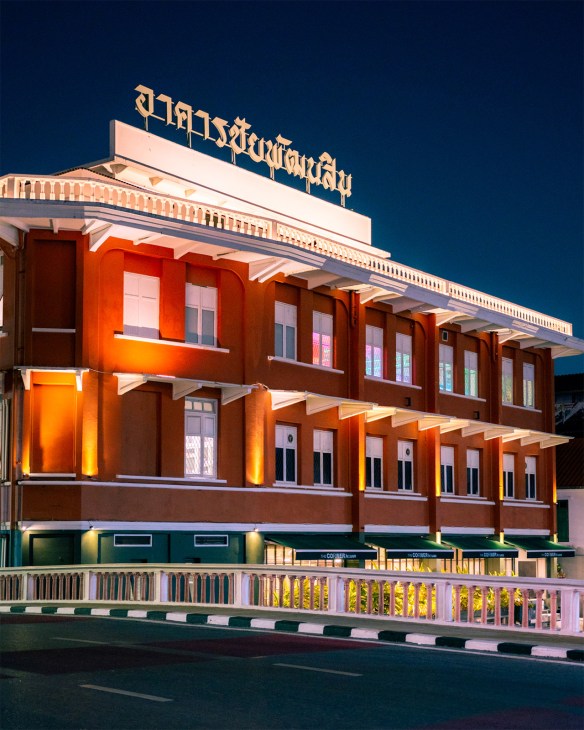
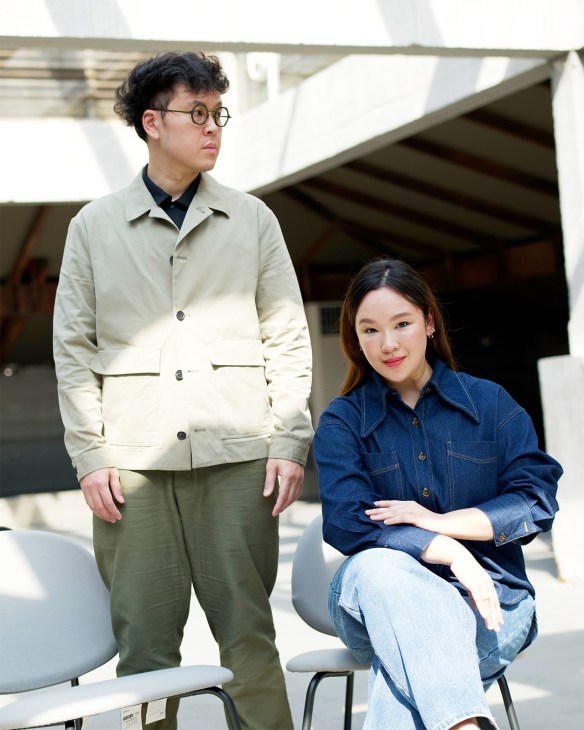
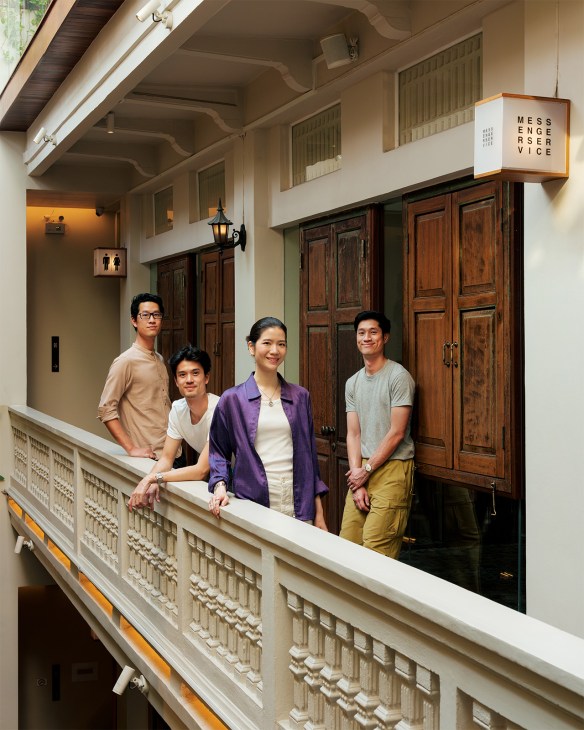

Just a five-minute drive away, Baan Tok Tua Ngork used to be an underutilised ancestral home until the Assakul siblings – Win, Sun, Sandy and Sea – saw how building a creative nucleus would play its part in revitalising their neighbourhood. They thought long and hard about concepts that would bring something original to Chinatown, such as Mexican restaurant Delia and cocktail bar Messenger Service, with the hope that Baan Trok Tua Ngork would be the gateway for others to explore everything else this heritage area has to offer. “Sometimes it’s daunting to explore a place in its traditional form,” says Sun. “You’ll come to Baan Trok but end up discovering many other places, from temples to local food spots. That’s ultimately what we hope this space will set in motion.”
Such care for the community and the city’s creative culture threads through all these Southeast Asian developments – and the difference shows. Neighbourhoods have found a fresh start, and a shared spirit shines forth.
When my grandmother left the UK on a ship bound for Australia after the Second World War, she took with her a rose-tinted vision of her birth country that revolved around Cornishware, wisteria in bloom and afternoons browsing the Liberty haberdashery. Since moving to London, I have found that this nostalgic perception of the UK largely fails to hold up. The Liberty department store, however, remains a beacon of considered retail in the city’s West End, where international conglomerates otherwise dominate.

There’s a time and a place for mass-market retail and denying this often sounds out of touch. Department stores have an important role to play when it comes to championing smaller, high-quality brands that might not be able to cut through the noise. I was at Liberty yesterday morning to preview a new atrium installation that celebrates a range from To My Ships, the personal-care brand founded by ex-Aesop entrepreneur Daniel Bense. Launched in September 2024, the brand is a newcomer to the beauty market but its deodorants, soaps and perfumes are a cut above anything that I have tested in recent years. The opportunity to take centre stage in one of London’s most storied department stores will help the company increase visibility and convince customers to take a punt after thorough in-person sniffing and swatching.
At their best, department stores such as Paris’s Le Bon Marché and Tokyo’s Isetan are tastemakers. When I spoke to Liberty employees over coffee, the process of vetting new products – from beauty to leather goods – often came up as the most rewarding part of their jobs. Before the doors swung open at 10.00, a team of shop-floor workers gathered in the haberdashery for a speedy morning run-through about available stock. It was a welcome reminder that good bricks-and-mortar retail depends on knowledgeable staff who take care of customers by curating offerings and putting novelty on show. London might not always live up to my grandmother’s descriptions – except during the two weeks of summer – but there’s always Liberty.
Charlton is Monocle’s associate editor of design and fashion. For more opinion, analysis and insight, subscribe to Monocle today.
For more about the power of department stores, read about their golden age in the US here.



